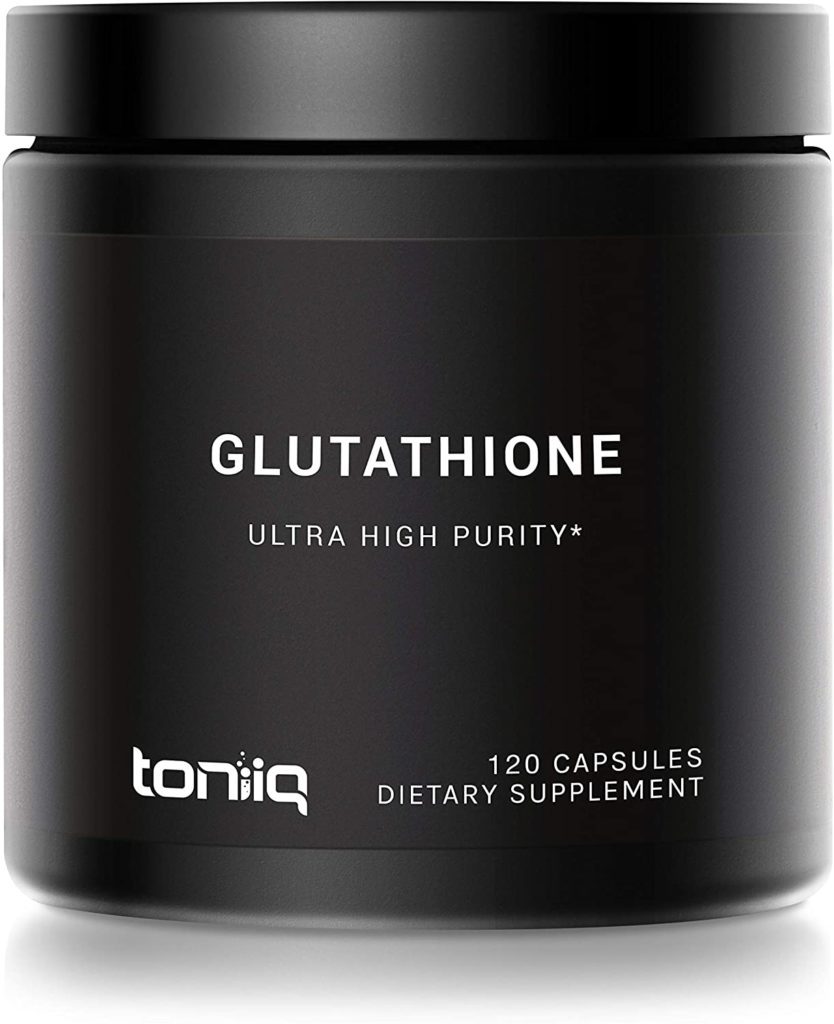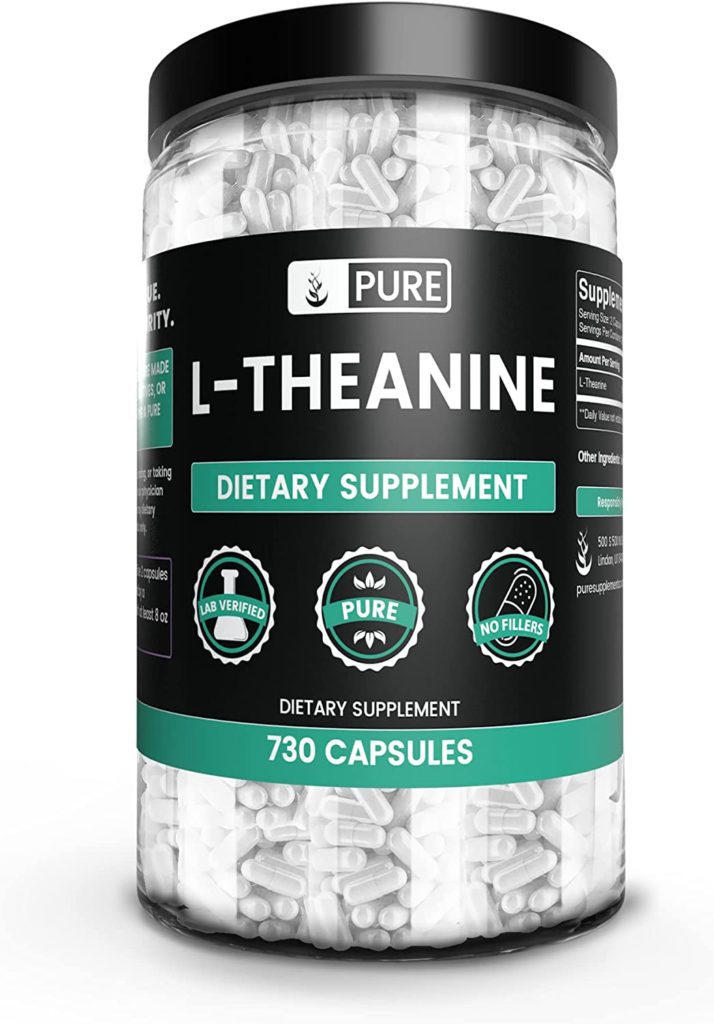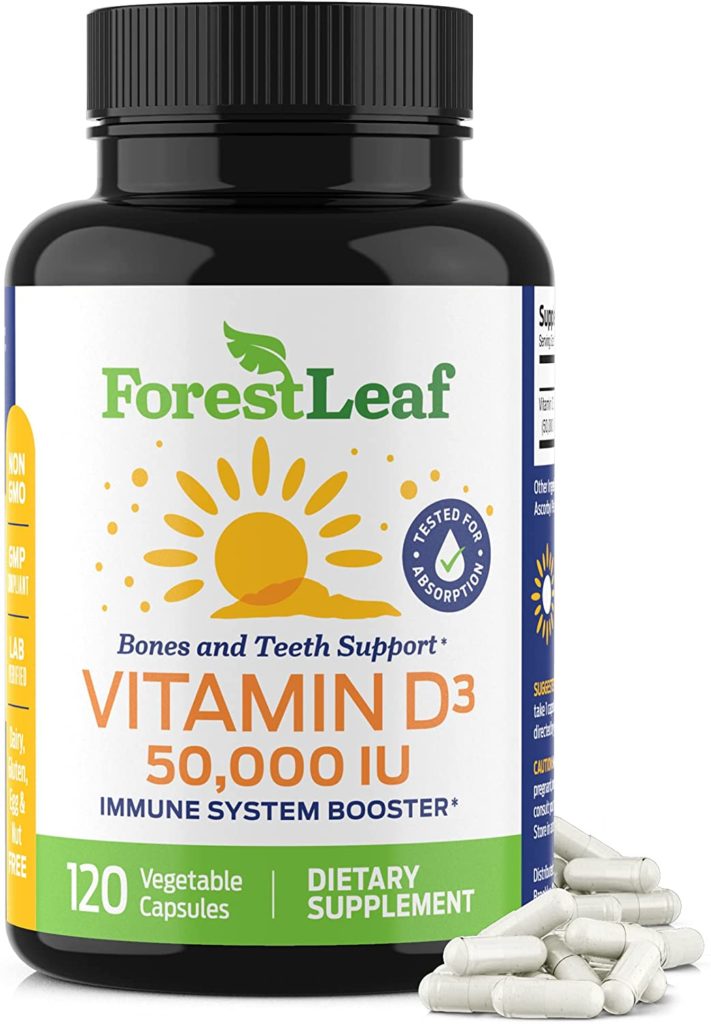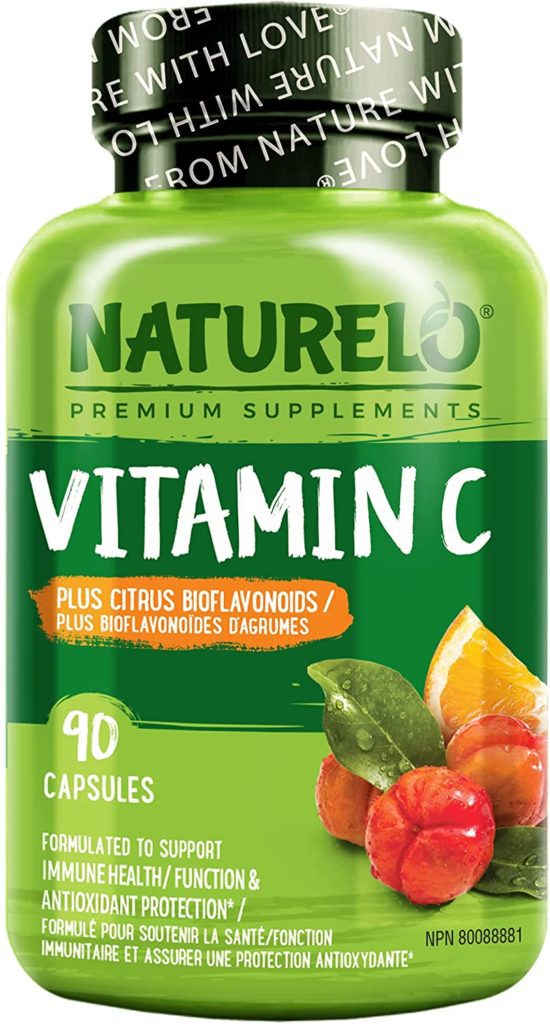The Best Supplements for Addiction
[Please note that this page contains affiliate links. If you choose to purchase after clicking a link, I may receive a commission at no extra cost to you.]
The Best Supplements for Addiction:
Citicoline

Citicoline (also known as CDP-Choline) is the best form of choline.
Choline is a crucial B vitamin that most people are deficient in because many foods do not have choline.
Alcohol and other drugs can deplete choline quickly, making it a crucial supplement for addiction.
It is highly recommended to supplement citicoline.
Citicoline has neuroprotective effects and enhances the synthesis of dopamine and acetylcholine, two neurotransmitters that are important for optimal brain function.
It also has anti-inflammatory effects.
Citicoline is the number of dopamine and acetylcholine receptors in the brain.
Glutathione

Glutathione is one of the best supplements for addiction.
Glutathione has many crucial roles, comprising of:
- forming sperm cells
- breaking down some free radicals
- helping certain enzymes function
- supporting immune function
- Improving insulin sensitivity
- transporting mercury out of the brain
- Reducing cell damage in liver disease
- assisting regular cell death (a process known as apoptosis)
- regenerating vitamins C and E
- making DNA, the building blocks of proteins and cells
- helping the liver and gallbladder deal with fats
L-theanine

L-theanine is mainly found in tea, and it is an amino acid.
Studies have been shown to have sedative effects and significantly reduce stress well, promoting relaxation.
A review of 21 studies looked at 68,000 people who had green tea regularly, and it was found to improve attention and memory and reduce anxiety.
Vitamin D

Studies have shown that deficient vitamin D levels may reduce recovery and increase the risk of relapse.
Some studies have shown that optimal vitamin D levels help control dopamine and other chemicals that control healthy brain function.
Vitamin d foods are mushrooms, fish, eggs, cheese, fish, shrimp, peas, tuna, milk and butter.
Vitamin d overdose symptoms are called hypervitaminosis D.
That means that vitamin D levels are so high that it starts causing bodily harm, leading to hypercalcemia and many symptoms.
Vitamin C

Vitamin C is essential for people recovering from opiates, as it is a natural antioxidant and helps ease withdrawal symptoms.
Vitamin C foods are peppers, potatoes, broccoli, oranges, strawberries and brussel sprouts.
Vitamin C serum and vitamin C benefits are necessary for developing, growing, and repairing all body tissues.
It’s essential in many body functions, including the formation of absorption of iron and collagen, the proper immune system functioning, wound healing, and the maintenance of bones, teeth, and cartilage.

